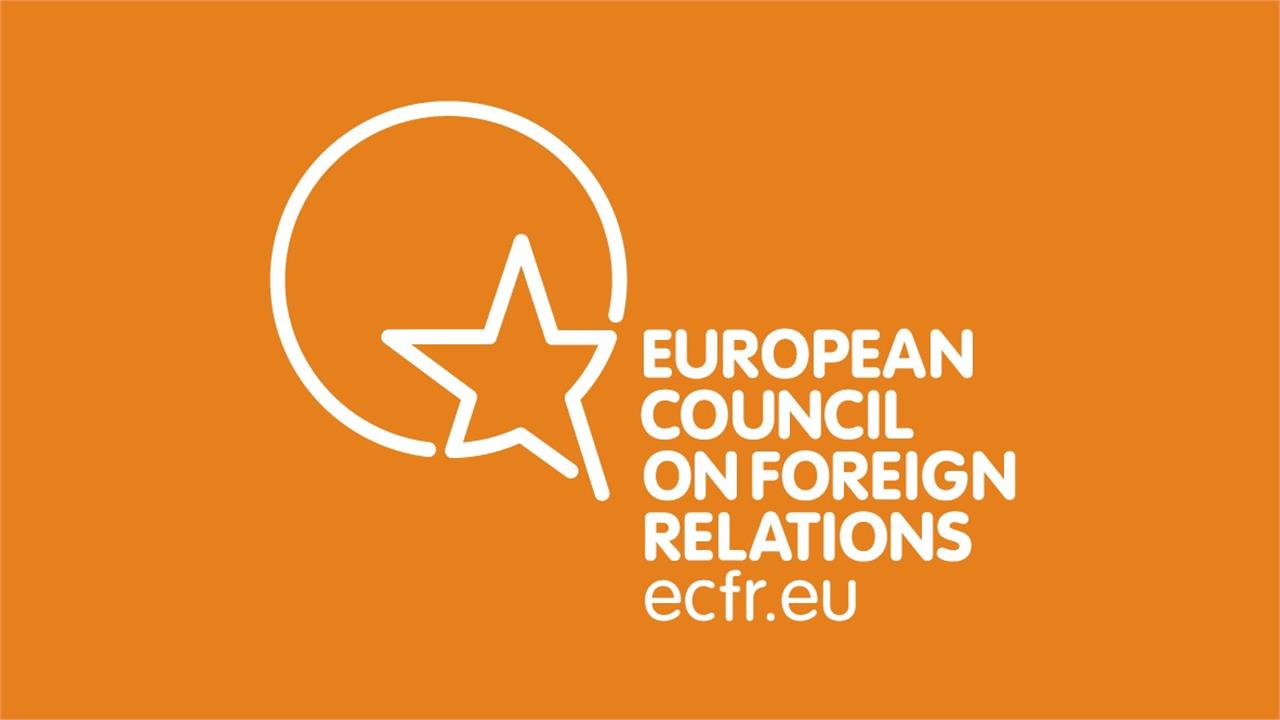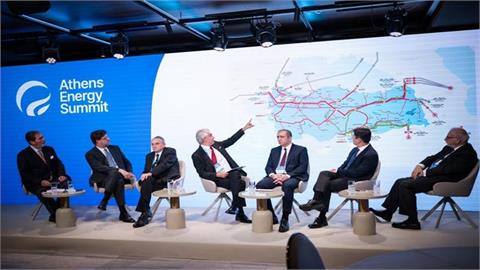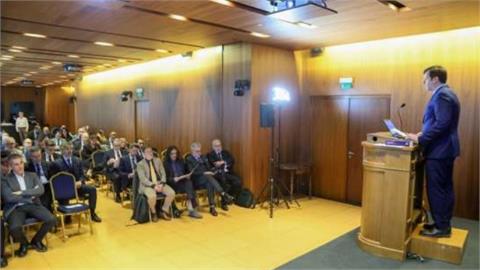Following an invitation by Ms.Maria Simeonova, Head of EFCR’s Sofia office, the Chairman and Executive Director of the Institute, Costis Stambolis, participated online in a roundtable organised by the Council which discussed the changing global landscape and the impact on the regional energy market.
In a panel expertly moderated by Mariya Trifonova, Chief Assistant Professor at Sofia University, the energy market perspectives in Romania,Bulgaria and Greece in view of latest developments were discussed by a team of well qualified experts. These included Julian Popov, Former Minister of Environment and Waters of the Republic of Bulgaria and EFRC Council Member, Evangelos Gazis, Head of Southeastern Europe at Aurora Energy Research,Ana Otilia Nutu,Policy Analyst, at Expert Forum,Romania and Kaloyan Staykov, Chairman of the Board,of the Energy Management Institute in Sofia.
The panel’s point of reference was that as Europe’s energy market is vital for the continent’s economic growth and prosperity, it is necessary to examine the degree of integration and inter connectedness since it directly influences electricity prices across member states. The panel agreed that despite efforts to mitigate the impact of Russia’s natural gas cut-off, recent years have been marked by disruptive energy price shocks. Panel members observed that wholesale electricity prices in SE Europe have consistently been much higher than the rest of Europe over the last 6 months, with Bulgaria,Romania and Greece leading the statistics. The ensuing panel discussion focused on how Europe can effectively address these challenges, control the rise of electricity prices and ultimately prevent social unrest. In this context the substantial inroads of renewable energy sources was discussed in some length and how they affect electric grid performance. The pace and scale of renewables penetration into electricity grids was examined and how their potential can be harnessed to better balance supply and demand across the region and the continent.
IENE’s Chairman was asked at the end of the panel discussion to reflect on what was presented and contribute any ideas that could help mitigate what appears to be an untenable situation with regard to continuing price volatility and impossible to control prices. Having first identified the basic reasons which have lead to the present difficult to manage situation, Costis Stambolis referred to the continuing efforts by the EC with regard to electricity market reform. These efforts, he underlined, aim at examining from scratch the existing target model and see to what extent this could be amended - not an easy task in view of the complexity involved- so as to accommodate much greater inputs from low cost renewables, ultimately affecting the determination of day ahead wholesale electricity prices.
At the same time, Costis added, that efforts should continue towards increasing interconnectivity between all countries in the region. On the whole, IENE’s chairman, observed that in his view Europe should try and develop more its indigenous energy resources, including natural gas, since ample local supplies could help achieve lower prices. At present the EU keeps increasing its import share with less than 15% of its needs produced in the continent.This is a matter of concern, Costis said in his closing statement.
The roundtable convened by ECFR was not only timely but necessary in many respects since it brought together some of the region’s leading thinkers and analysts and helped shed light into a difficult to comprehend situation concerning the formation of electricity prices. The discussion revealed that in the long run there are solutions in the offing, but at present it is difficult for both companies and governments to intervene in order to achieve lower prices today. There a number of underlying reasons involved which are directly related to market fundamentals and prevent taking decisions in a haste and without a proper evaluation of likely negative short and long impact.




